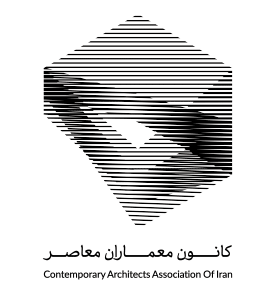Architecture School
The current structure of the association is defined by six layers: events, workshops and trips, basic courses, advanced courses, and elective courses. The association is like a feast with various dishes, all sharing a common theme defined by the characteristics of the association’s vision. Each student and member of the association can find their path within the organization according to their interests, talents, and individual abilities. In this process, there are guides who help students explore various opportunities in line with their personal traits. Different sections of the architectural school work together and in alignment with each other. They are all content-wise interconnected, and this connection provides a platform for creating educational dialogue.
Elective Courses
Advanced Courses
Basic Courses
Workshops
Events
History and Theory

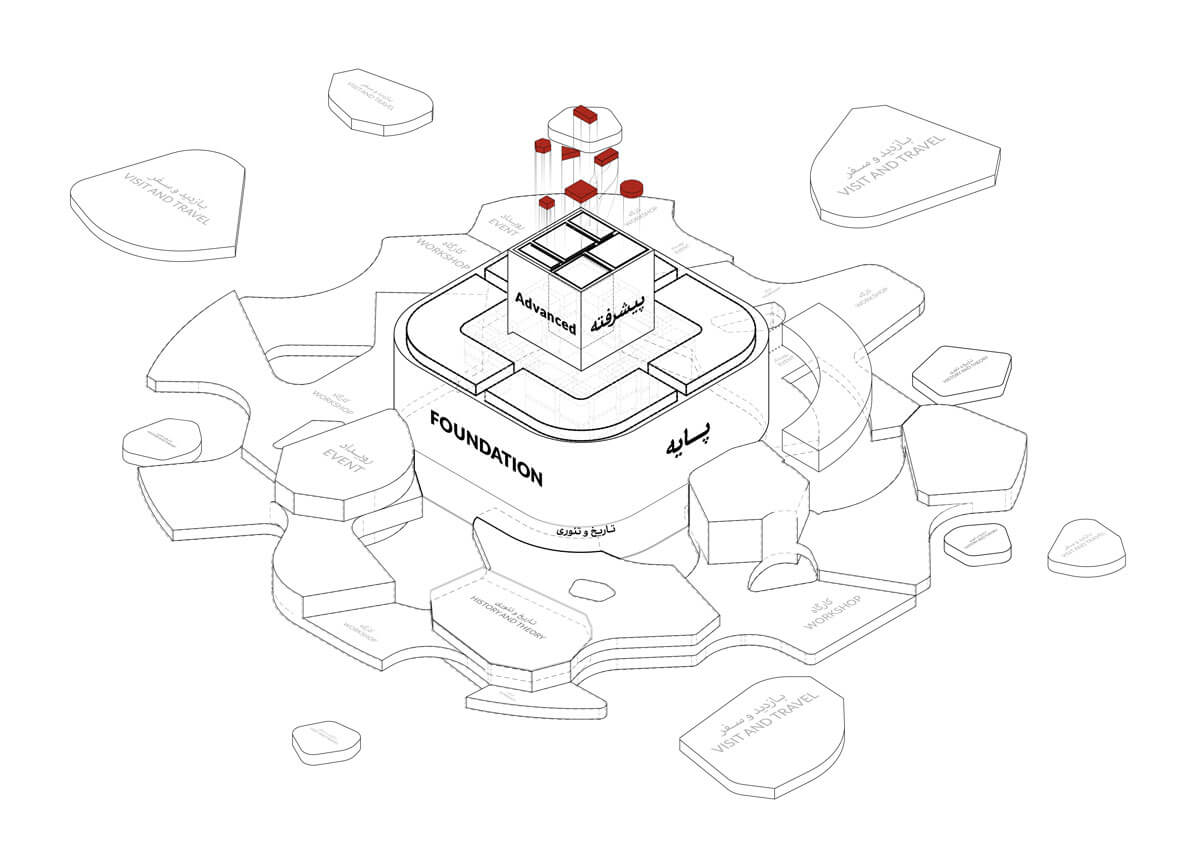
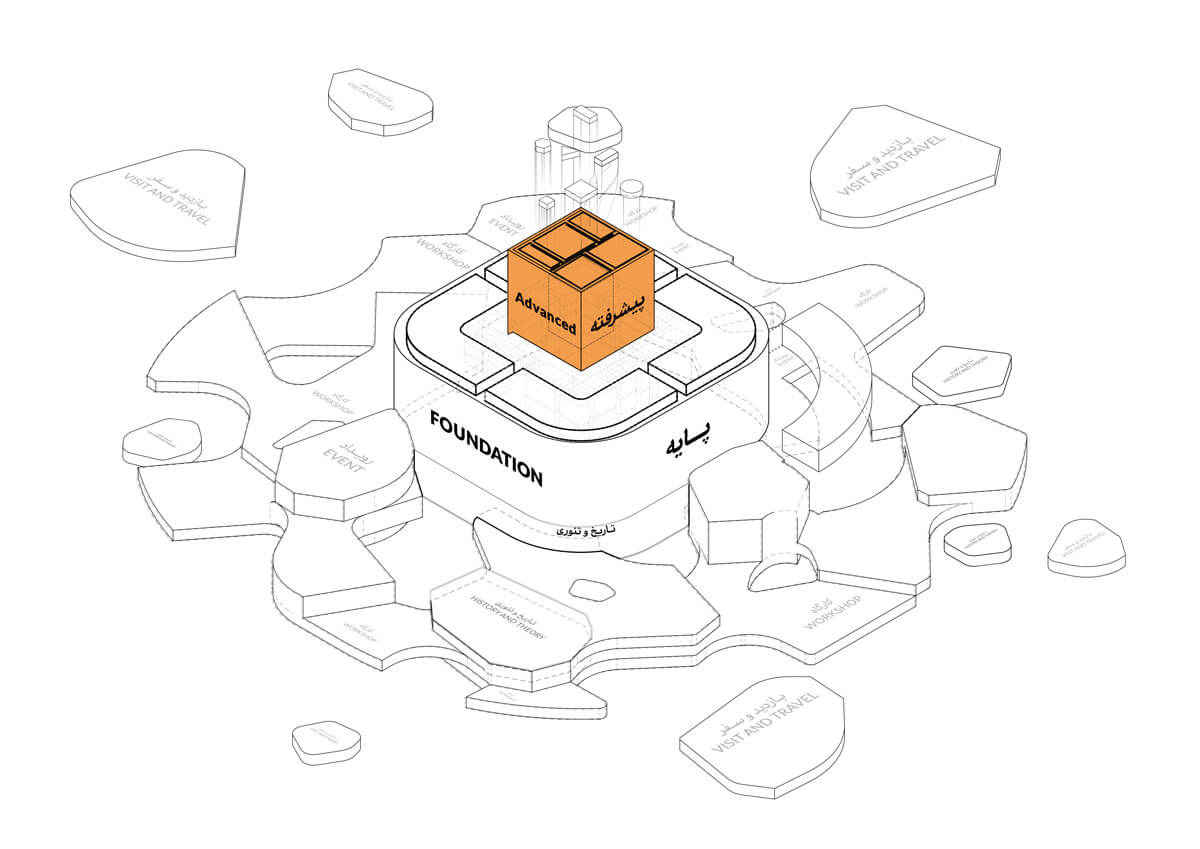
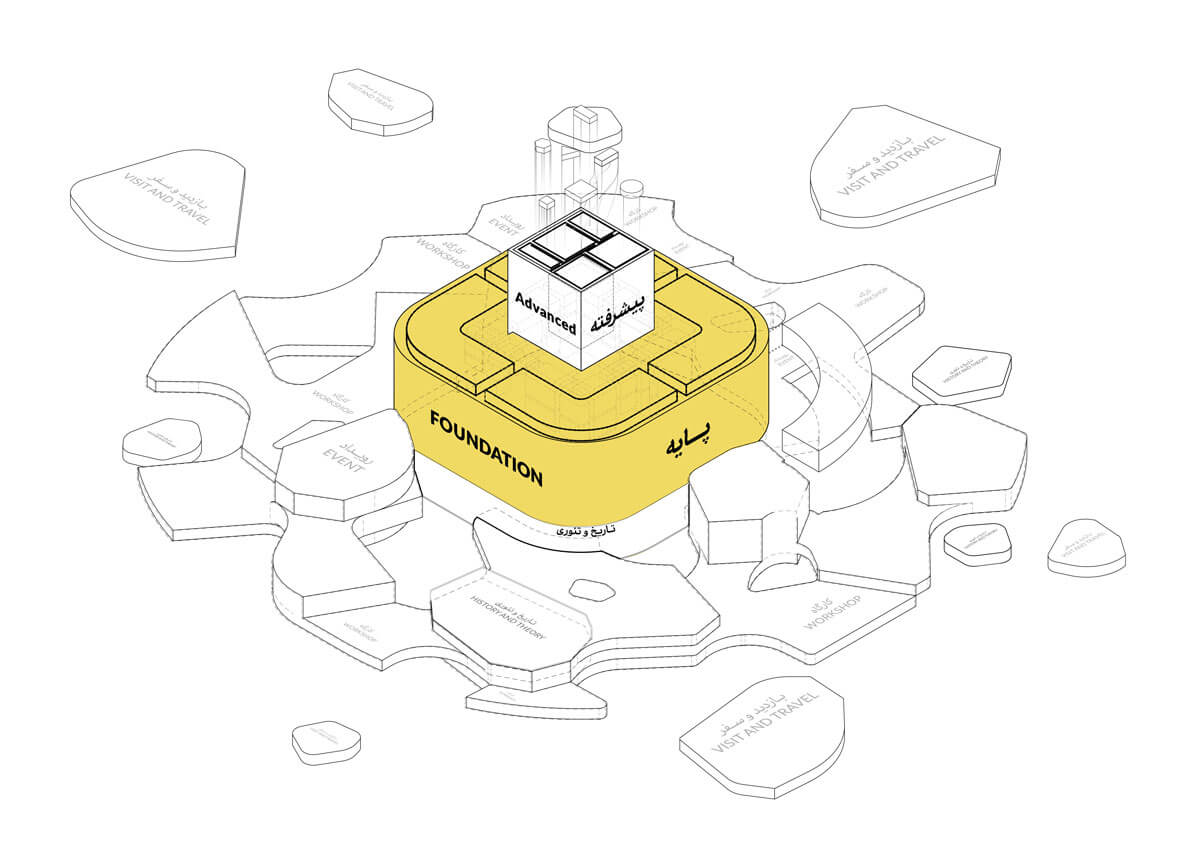
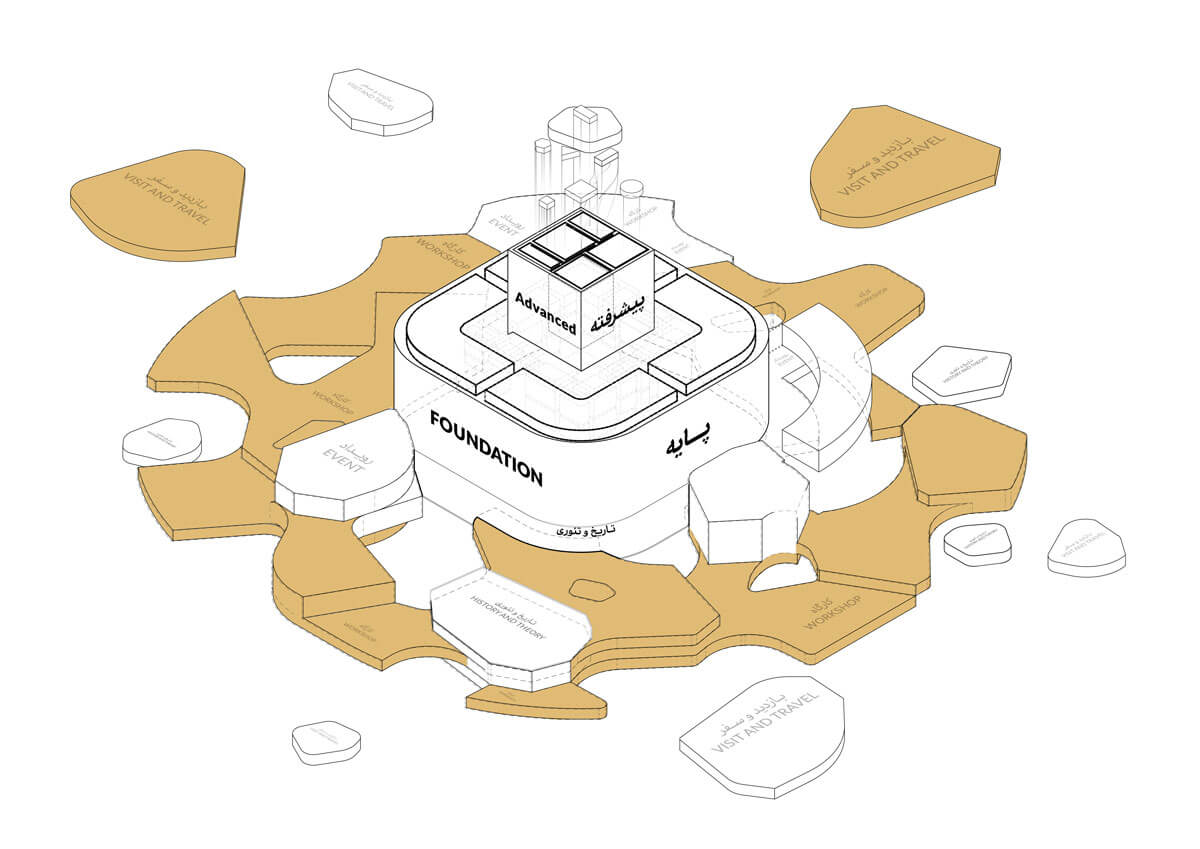
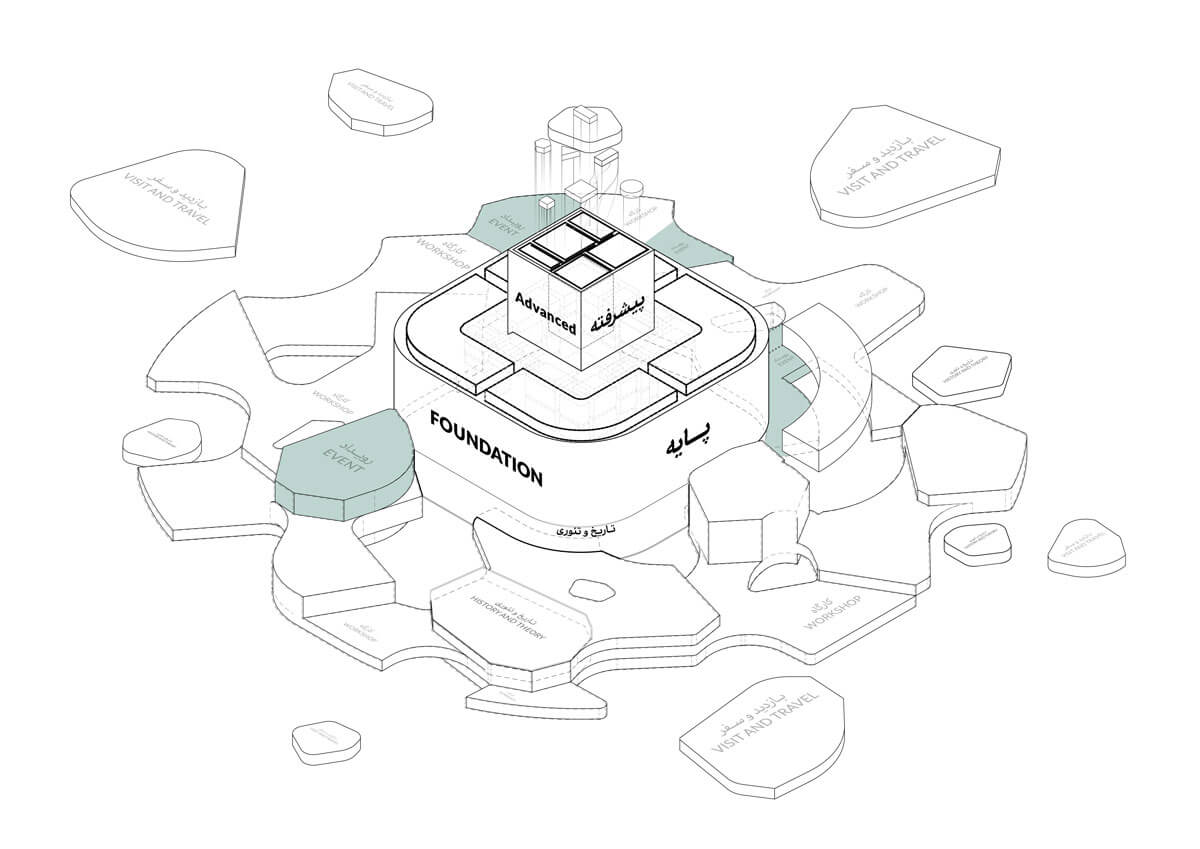

These courses are extensions of the conceptual projects of various instructors. Students who have completed one of the convergent studios can participate in these courses. Unlike convergent studios, these courses are instructor-centric, rather than studio- or topic-centric, and are based on the conceptual projects ocf instructors who have joined CAAI temporarily or permanently. These instructors seek to address specific issues, potentially through practice or research on those particular issues. These courses are not necessarily intensive or full-time. Elective courses are regarded within the association's vision as thesis projects.
In this course, each studio, led by a director, has its own specific conceptual project and utilizes a unique educational approach and methodology. However, all studios follow a collaborative path for several months, engaging in discussions. Students, after interviews with the directors, join one of the studios based on their concerns and abilities and advance the studio's conceptual project through various exercises. Environmental and structural constraints, cultural and economic capacities, such as time, materials, climatic issues, etc., are factors that shape the context and behavior. Each year for the past six years, efforts have been made to provide a clear stance through continuous focus and planning, establishing a foundation for exploring innovative solutions to enhance the quality of life in architecture and urban design. CAAI hopes to find alternative solutions by establishing convergent architecture studios and mediating between local conditions and international achievements, which align with the rapid changes of this context and realize its unique potentials. In this was we can engage in dialouge with others throught the lens of our own geopolitical location and cultural opportunities. Throughout this program, each participant is encouraged to use the practical and theoretical tools provided to them,relying on their creativity and engaging in numerous critical discussions with the course instructors, invited experts, and other participants. This process aims to help them shape their personal vision of the worlds future and to experiment with expressing this vision through their proposed designs. Ultimately, the final designs will embody the convergence of diverse fields of knowledge presented over eight months through seminars, workshops,and design studios.
After the workshops and events, the basic educational section follows, which was introduced in the workshops. This section is skill-oriented and teaches architectural fundamentals over a semester. Its goal is to enhance students' skills in analysis and production. The fundamental approach of this course is based on critical reading, analytical power, mastery of the history and theory of the course subject, and experiencing and learning production techniques. This course helps students discover their path through experiencing and acquiring various skills, which could be in the field of architecture, architectural fringe, or entirely outside of architecture.
Workshop courses are placed in the lowest layer of the CAAI educational structure, with a sponge-like texture. The goal of this layer is to create subcultures and communities, embed topics in the minds of students, attract new audiences, and familiarize students with general spatial knowledge. These types of courses offer a fresh perspective on architectural topics and utilize ideas from various individuals in education to explore new domains and experiences. In workshop courses, product orientation is highly emphasized.
Events are designed to create subcultures and communities, embed topics in the minds of students, provide an overview of the issues discussed at CAAI, and attract new audiences. Another goal of hosting events is to democratize knowledge and familiarize students with general spatial knowledge. Events at CAAI are focusing on cultivating -presentations. critical thinking and an inquisitive perspective within the professional community by organizing spacialized panels and discussion sessions. All History and Theory Workshop that cover a wide range of topics and audiences.
History is a space for experiencing, and theory is a space for thinking about architecture, connecting with specific projects at the moment of reading the work. It is an environment for researching, viewing, reading architecture, and discussing architectural matters. Through re-reading history, examining architectural projects, and evoking related ideas, the aim is to strengthen the capacity for thinking and discussing architecture.

Fundamentals of Architectural Design

Drawing the Past, Imagining the Future
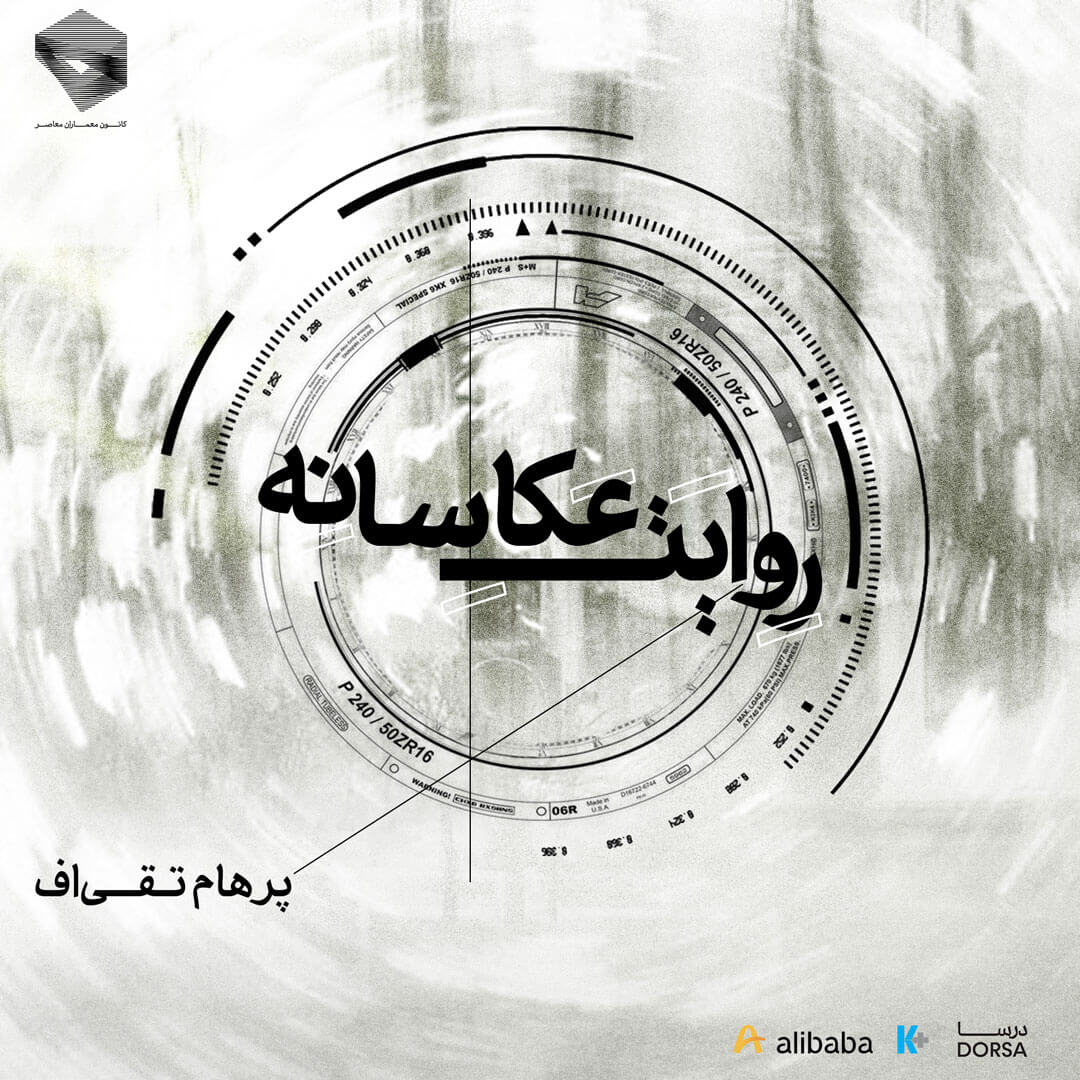
Photographic Narrative

Architectures of Nations: Ideas on the Contemporary Home, The Japanese Experience

Space and Politics

Architecture and Critical Thinking
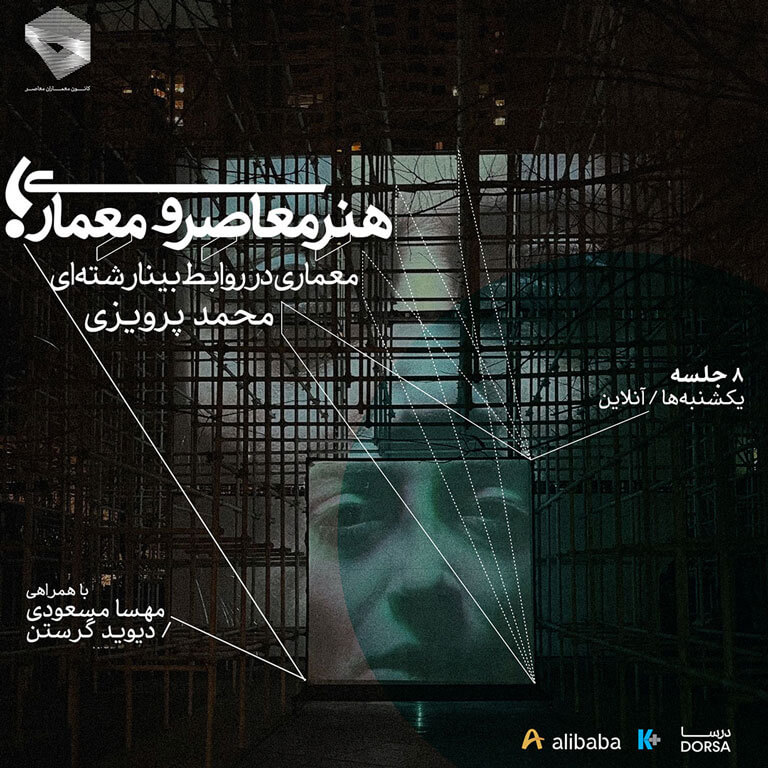
Contemporary Art and Architecture; Architecture in Interdisciplinary Relationships

Architecture of Nations; Japan, Intellectual and Generational Clusters

Space, Form, Architecture

Philosophy on the Architecture Table; First Course | Space, Knowledge, Power: About Foucault and Architecture
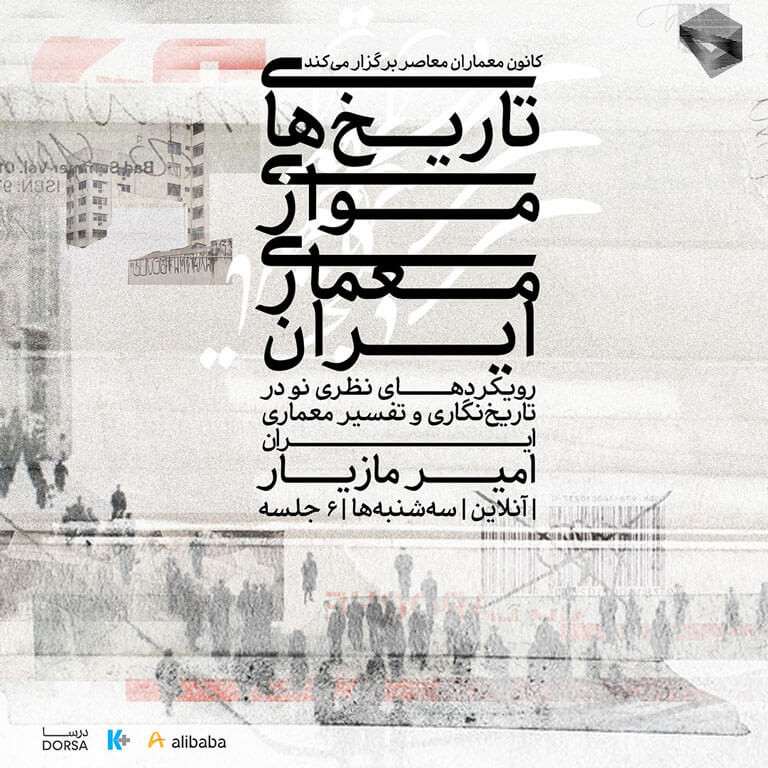
New Theoretical Approaches in the Historiography and Interpretation of Iranian Architecture (Islamic Era)

Rethinking Modularities [Re-M] / Emergent role of patterns in future design
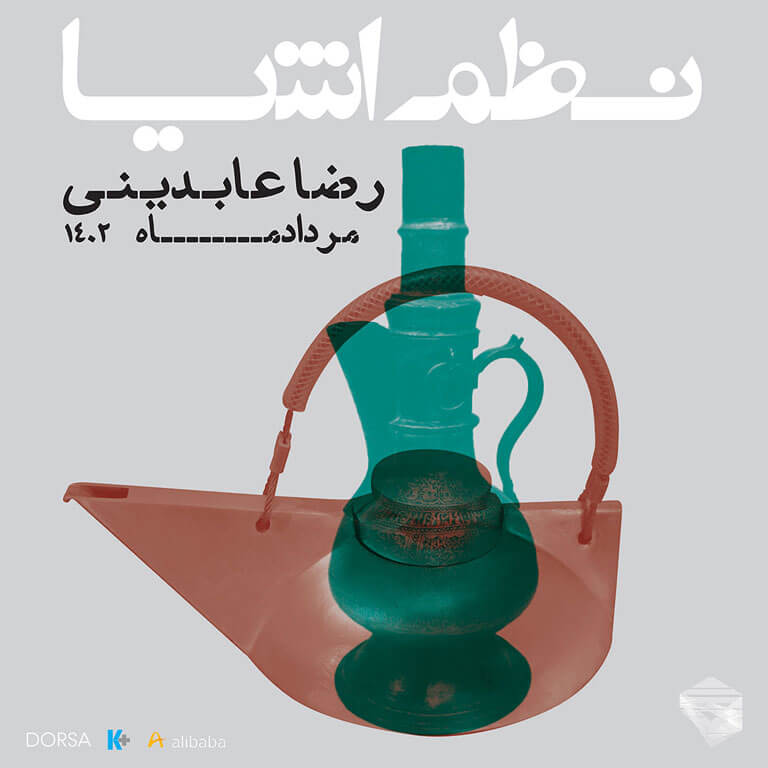
Order of Objects
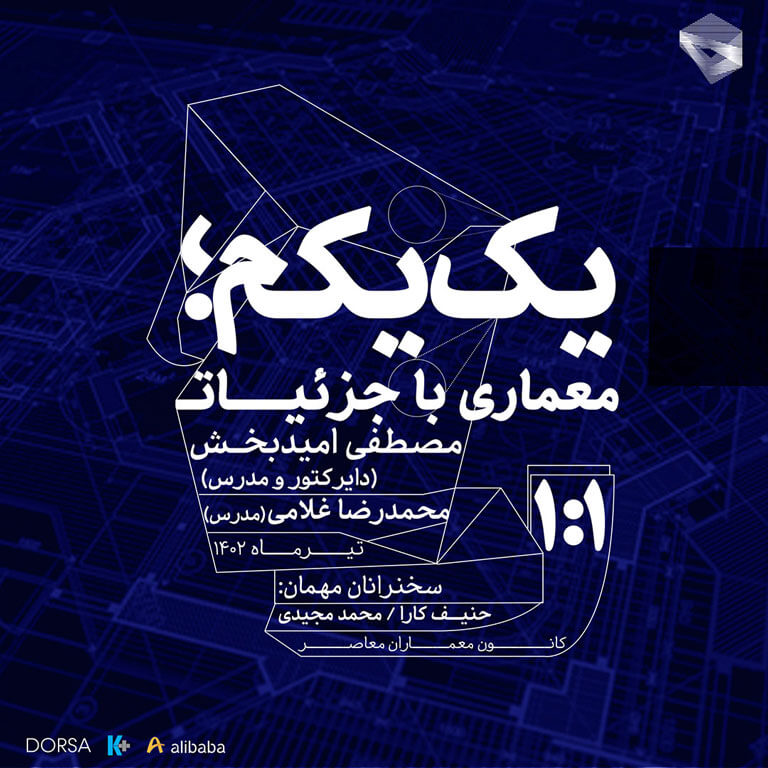
One from One; Architecture with Details

A Slice of a Street (For the Future, a Case Study of Lalehzar)
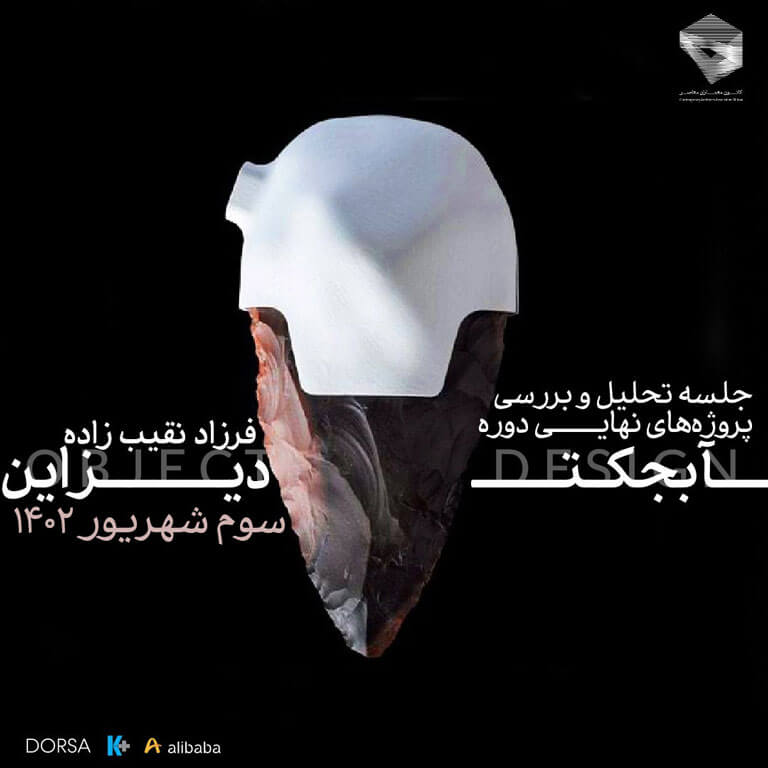
Object Design
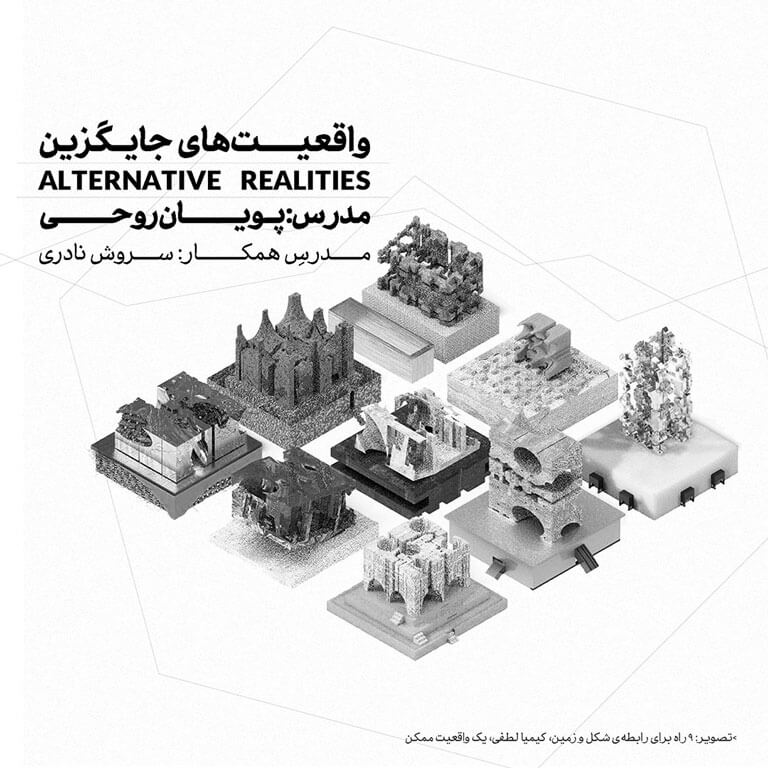
Alternative Realities

Dissecting the 20th Century: Ten Unconventional Bodies of Architecture / Part Two
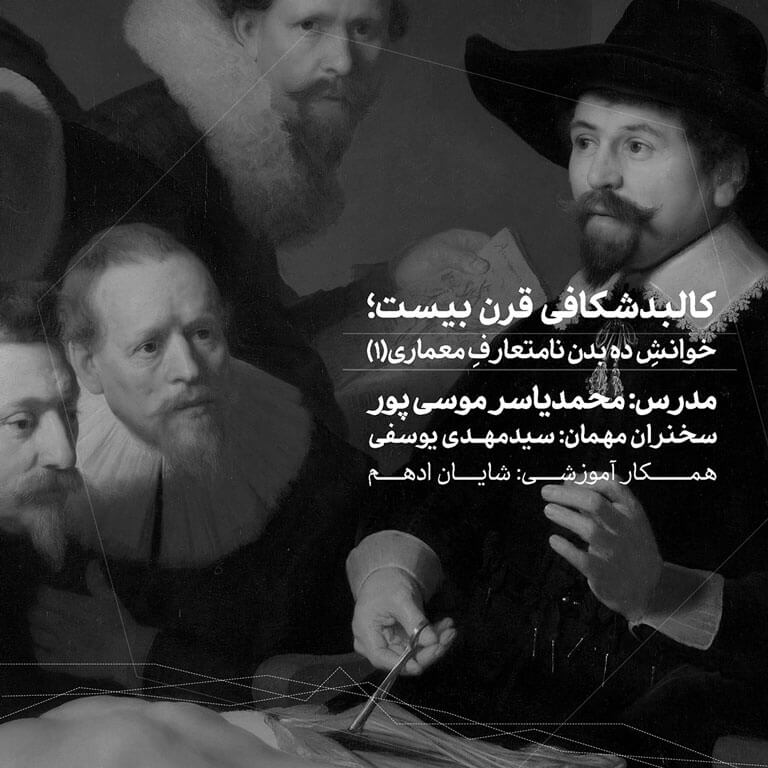
Dissecting the 20th Century: Ten Unconventional Bodies of Architecture / Part One

Curiosity Cabinet

Advanced Design with Artificial Intelligence

Design Research: An Experience for Defining Design as Critique

Transformation of Architectural Ideas

Adoxism; Rational Approaches, Strategic Applications

New Theoretical Approaches in Historiography and Interpretation of Iranian Architecture

